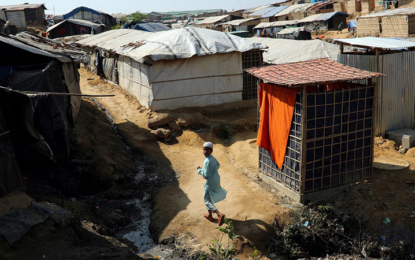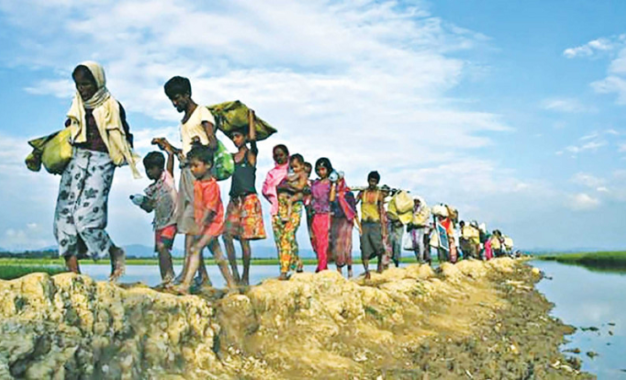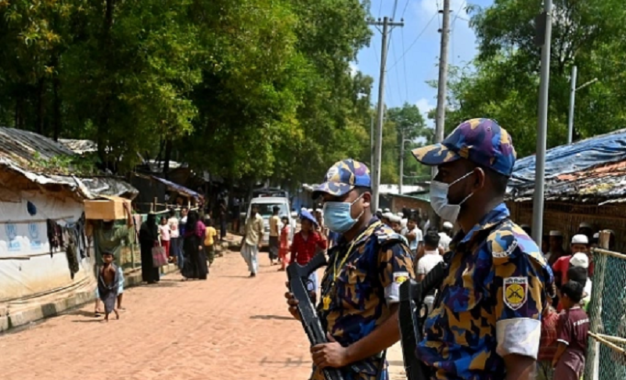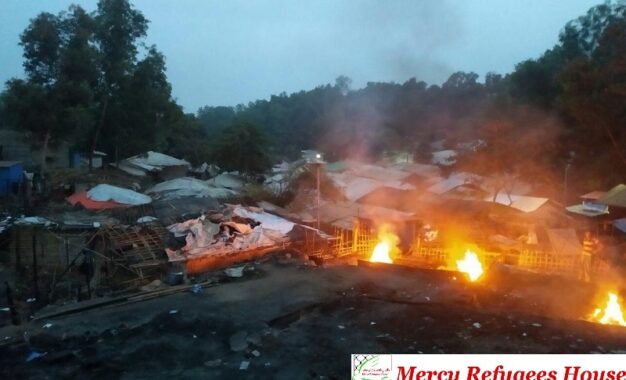Latest News
COVID-19 fuels tensions between Rohingya refugees and Bangladeshi hosts
Bangladesh, Help Refugees, Human Rights, Refugees Issues
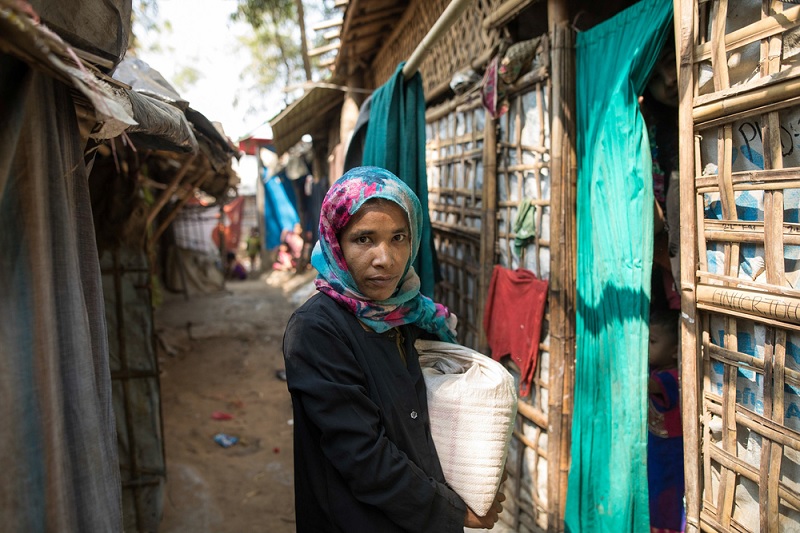
The coronavirus pandemic is aggravating tensions between Rohingya refugees and local communities in Bangladesh, underscoring long-held grievances on the margins of the massive aid response.
Bangladesh’s COVID-19 outbreak has escalated steadily since March, and nationwide lockdowns have shattered the economy in Cox’s Bazar, already one of the country’s poorest districts.
Increasingly, distrust and stigmatisation have been aimed at Rohingya refugees accused of carrying the virus. Aid groups report a rise in anti-Rohingya hate speech and racism, as well as “rapidly deteriorating security dynamics” between the two communities.
“There is a huge panic. The number of infected people is higher among the Rohingya,” said Mustafa Kamal Chowdhury, the head teacher at a high school in Cox’s Bazar, repeating one common claim. “The refugees and NGOs are hiding the information about infections.”
Distrust is also aimed at aid groups perceived to be favouring the Rohingya at the expense of local communities.
“They have established hospitals targeting the Rohingya,” said Safiul Islam Azad, a reporter at the Bangladeshi newspaper Jugantor who is based in Ukhiya, a sub-district home to the largest refugee camps. “They don’t care about local people.”
Some local aid staff working on the refugee response echo similar beliefs.
“Everything that has been done is targeting the refugees,” said Tipu Barua, an NGO worker from a nearby community.
There’s little evidence to suggest Rohingya refugees have spread the virus outside the camps. The first reported cases in Cox’s Bazar came from a Bangladeshi person who returned to the country from abroad in March; there were no confirmed cases in the refugee camps until May. As of last week, there were some 3,100 cases in the wider community compared with 62 in the camps, though numbers are believed to be an undercount due to limited testing.
Amazon Sponsorship
Recent Posts
Jul 29, 2023
It has been close to six years since hundreds of thousands of Rohingya faced a deadly genocide by Myanmar’s military and fled the country in search of protection and refuge in neighbouring Bangladesh. The Rohingya population has been undergoing persecution, discrimination, arbitrary arrests, and atrocities in Myanmar for over seven decades. Their condition is alarmingly […]


